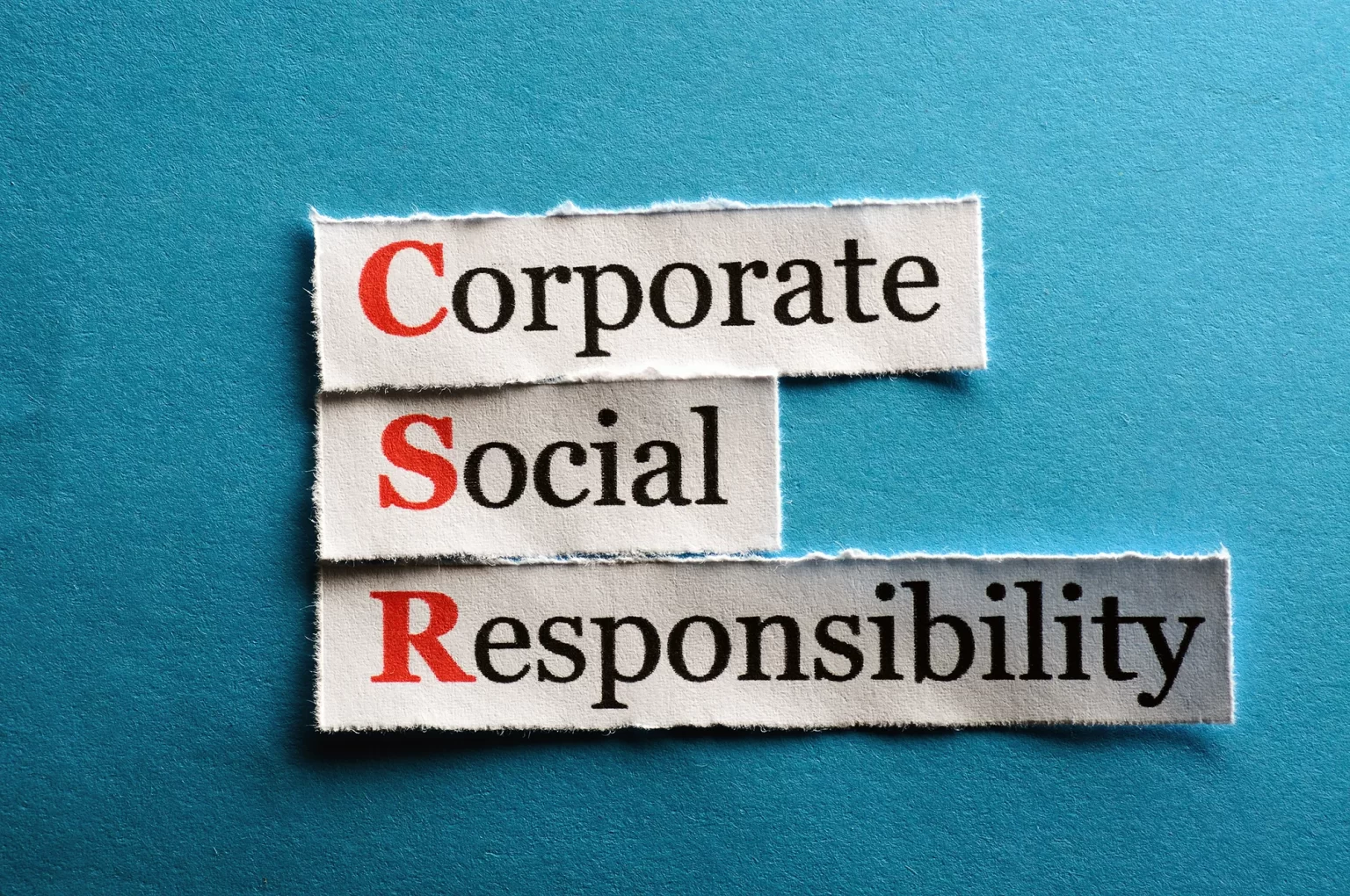
The Role of Social Responsibility in Modern Hotel Furniture Manufacturing
The Role of Social Responsibility in Modern Hotel Furniture Manufacturing
Consumers are taking notice of the environmental and social impacts of the businesses they patronize. As a result, social responsibility is a growing priority across industries. Corporate social responsibility (CSR) has evolved to promote a triple-bottom-line approach to business, where success is not only defined by profits but also by a company’s impact on people and the planet.
The hospitality industry has steadily embraced environmental and social concerns, with hotel CSR programs in major hospitality companies like Marriott, Hilton, and Wyndham. Recently, a focus on social responsibility has emerged among hospitality furniture designers and manufacturers. Read on to learn about the role of social responsibility in hospitality furniture manufacturing and the industry at large.
Benefits of CSR in the Hotel Industry
Participation in CSR initiatives is voluntary, but the benefits of ‘doing good’ can easily outweigh the costs, even when programs are not explicitly aimed at financial return. Particularly in hospitality, social and environmental programs generate several benefits.
Brand Image and Awareness
One of the key benefits of hotel CSR programs is enhanced brand reputation. Socially responsible practices demonstrate goodwill. This fosters trust among guests, employees, and the public.
Actively participating in CSR initiatives differentiates a brand from its competitors, cultivating a positive image in the minds of consumers.
Customer Loyalty
Having a positive impact feels good, and travelers who value social and environmental issues will pay more or make an extra effort to book accommodations that align with their values.
Hospitality customers are generally novelty-seeking because they like trying different hotels and locations. However, hotels that integrate CSR into their operations derive reputational benefits that supersede novelty-seeking and better sustain demand during market fluctuations. Whether the initiatives are LGBTQ+, green, or something else, hotel CSR programs attract conscious consumers who are more likely to book again or spread the word.
Better Employee Engagement and Retention
The desire to align with businesses making a positive impact extends beyond customers. Brands known for their CSR initiatives find it to be a competitive advantage when attracting talent. Employees are more likely to be engaged, leading to better retention and lower staffing costs.
Aligning a Business’s Core Competencies With Its Social Impact
In developing a CSR strategy, aligning the business’s core competencies with the programs is essential. For example, hotel furniture manufacturers can implement CSR programs by focusing on sustainable materials, ethical supply chain management, designing for durability, collaborating with nonprofit organizations, and empowering employees.
Manufacturers create positive social and environmental change by leveraging their strengths and expertise and contribute to a more sustainable and responsible future.
Taking Care of Staff
CSR initiatives create opportunities for manufacturers to bolster employee engagement by providing training programs, promoting fair employment practices, and fostering a safe and inclusive work environment.
By investing in their workforce, businesses ensure a positive social impact within the company itself. This benefits staff and builds the employer brand, making attracting and retaining talent easier.
Attention to the Supply Chain
By working with suppliers who uphold fair labor standards, promote worker safety, and maintain transparency in their operations, hospitality furniture manufacturers advance ethical practices within the industry.
By partnering with suppliers who share their commitment to social responsibility, manufacturers contribute to a more sustainable and ethical industry ecosystem.
Efficient Use of Natural Resources
Hotel furniture manufacturers can align their core competencies with social impact by prioritizing sustainable materials and manufacturing practices. Manufacturers can reduce their carbon footprint and minimize waste by sourcing environmentally friendly materials and using energy-efficient production methods.
While diminishing a hospitality furniture manufacturer’s impact, implementing CSR in the hotel industry can lead to cost savings. By adopting energy-efficient measures, reducing water consumption, and minimizing waste, hotels can lower their utility bills and operational expenses.
Giving Back to the Community
Another way hotel furniture manufacturers can also leverage their core competencies into CSR programs is by collaborating with nonprofit organizations that address social challenges. Examples include:
- Donating furniture to homeless shelters.
- Initiating a volunteer program.
- Offering training programs to help unskilled workers become more employable.
- Fundraising for organizations that are actively enhancing the community.
By leveraging their core competencies, hospitality furniture manufacturers can enhance the quality of life of the people in their communities while making a tangible social impact.
Conclusion
Embracing CSR is good for society, the environment, and the hospitality furniture manufacturers that implement it. The key to impactful CSR programs is to align with the business’s core competencies. Programs take time, effort, and investment to put into action but generate long-term pay-offs in goodwill, positive impact, cost savings, productivity, and brand reputation.
If you are a designer interested in sustainable furniture designs, connect with us about eco-friendly materials.
